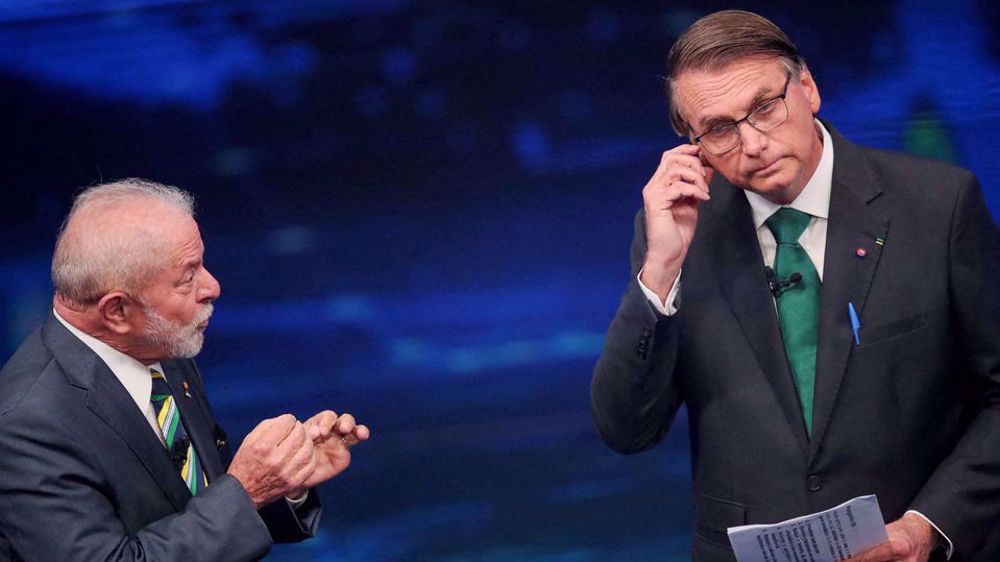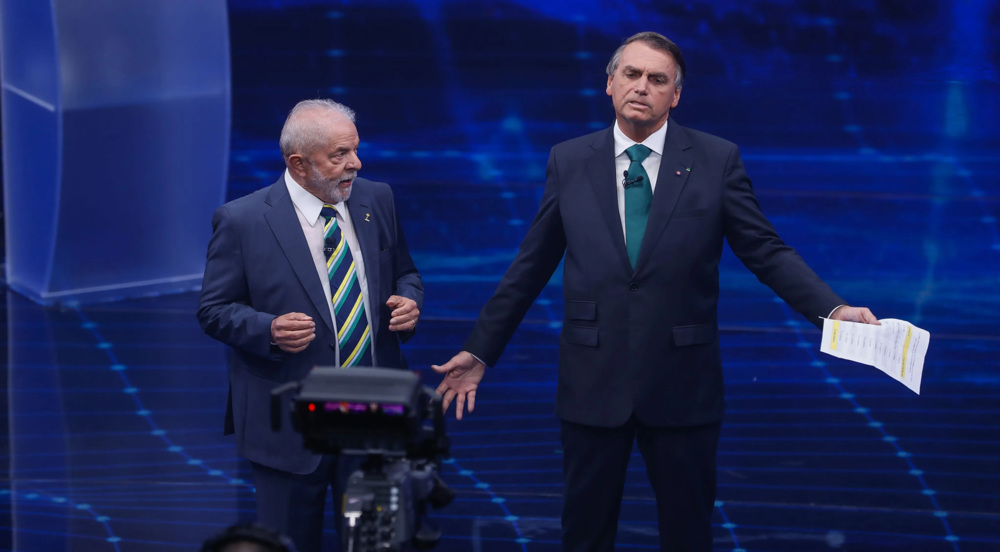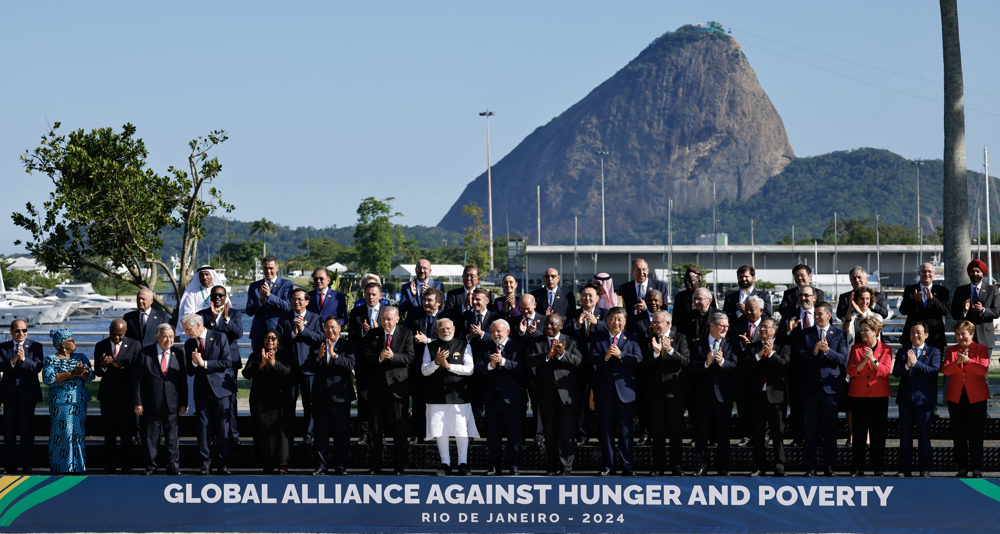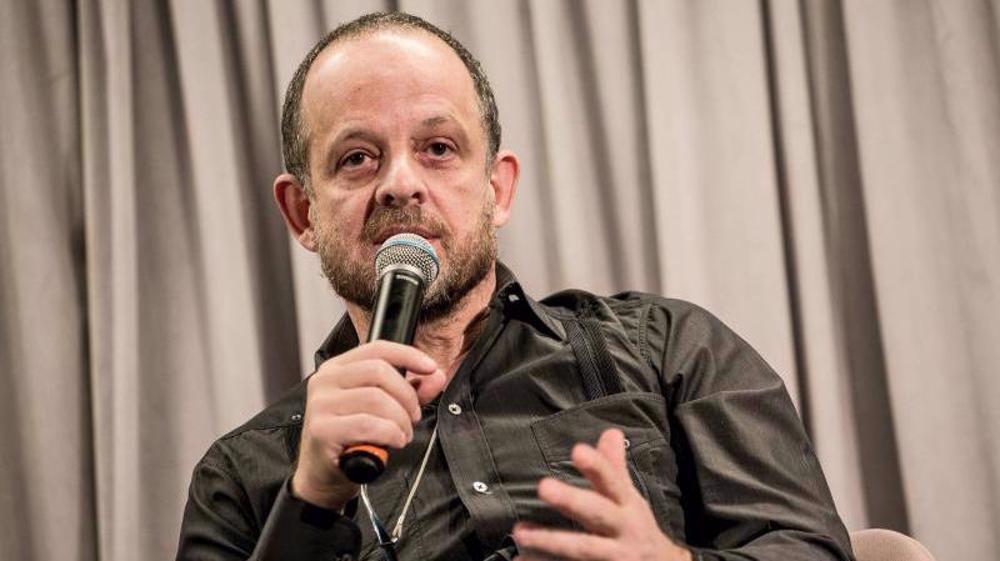Rights groups warn of social media’s failure to tackle disinformation in Brazil elections
Human rights groups and researchers have raised the alarm about the failure of social media platforms in Brazil to tackle the spread of disinformation ahead of the Latin American country’s highly polarized presidential election on October 30.
The warning comes as Brazil's Superior Electoral Court (TSE) has adopted strict measures to police disinformation around the upcoming election, especially on video-sharing platforms, with Sunday’s runoff vote pitting far-right President Jair Bolsonaro against leftist former President Luiz Inacio Lula da Silva.
"Social media platforms are failing Brazil's voters," said Deborah Brown, a senior researcher on digital rights at Human Rights Watch, who called the platforms and messaging apps "extremely important" spaces for electoral debate.
"That space has been riddled with electoral disinformation, such as baseless allegations of electoral fraud," she said.
Jon Lloyd, senior advisor at UK-based Global Witness, said the platforms have "many correct policies" in place to combat disinformation but "the enforcement is really lacking."
"They're not actually following through on what their policies say and that's a big concern," he said.
Bolsonaro, who is narrowly trailing Lula in recent opinion polls, has on numerous occasions criticized the country's electronic voting machines for allegedly being vulnerable to fraud, without providing evidence.
Philip Friedrich, a senior research analyst for technology and elections at US-based Freedom House, said online disinformation has intensified since Brazil's first round of voting on October 2.
"Social media companies bear some responsibility for the country being on tenterhooks about this year's election," Friedrich said. "While major social media companies like Twitter and Meta released statements about their preparations before the first round of voting, we've seen few updates about how they are responding to shifts in disinformation."
Rosana Pinheiro-Machado, Brazil researcher at Dublin's University College, said an explosion of video-based platforms has also added to the difficulty of fighting disinformation compared to past elections. "The last election was the election of WhatsApp. This is the election of Tiktok and Instagram," she said.
A spokesperson for Meta Platforms Inc (META.O), parent company of Facebook, Instagram and WhatsApp, was cited by Reuters as saying, “We’ve prepared extensively for the 2022 election in Brazil," adding that around 30 million people in Brazil have clicked on the electoral label on Facebook and have been directed to the TSE's website.
While most polls had predicted that Bolsonaro, a conservative 67-year-old hardliner who took office in 2019, would receive no more than 37 percent of the votes, the incumbent president managed to secure 43 percent of votes to Lula’s 48 percent in October 2 election.
Bolsonaro’s better-than-expected performance in the first round means that the runoff on October 30 is likely to be a tight contest.
Lula has 53 percent of the vote heading into the runoff, to 47 percent for Bolsonaro, according to a poll released by the Datafolha institute.
Scores killed as Takfiri terrorists target Shia Muslims in Pakistan
Pezeshkian to US, Europeans: You are killing women, children
VIDEO | COP29: another climate failure?
ICC issues arrest warrants for Netanyahu, Gallant for war crimes
Israeli strikes kill 88 Palestinians in northern Gaza
American voters plainly rejected complicity in Gaza genocide: Iran FM spox
ICC should issue more arrest warrants for Israeli authorities over Gaza genocide: UN expert
Israel using AI weapons co-produced by India in Gaza genocide: Report











 This makes it easy to access the Press TV website
This makes it easy to access the Press TV website